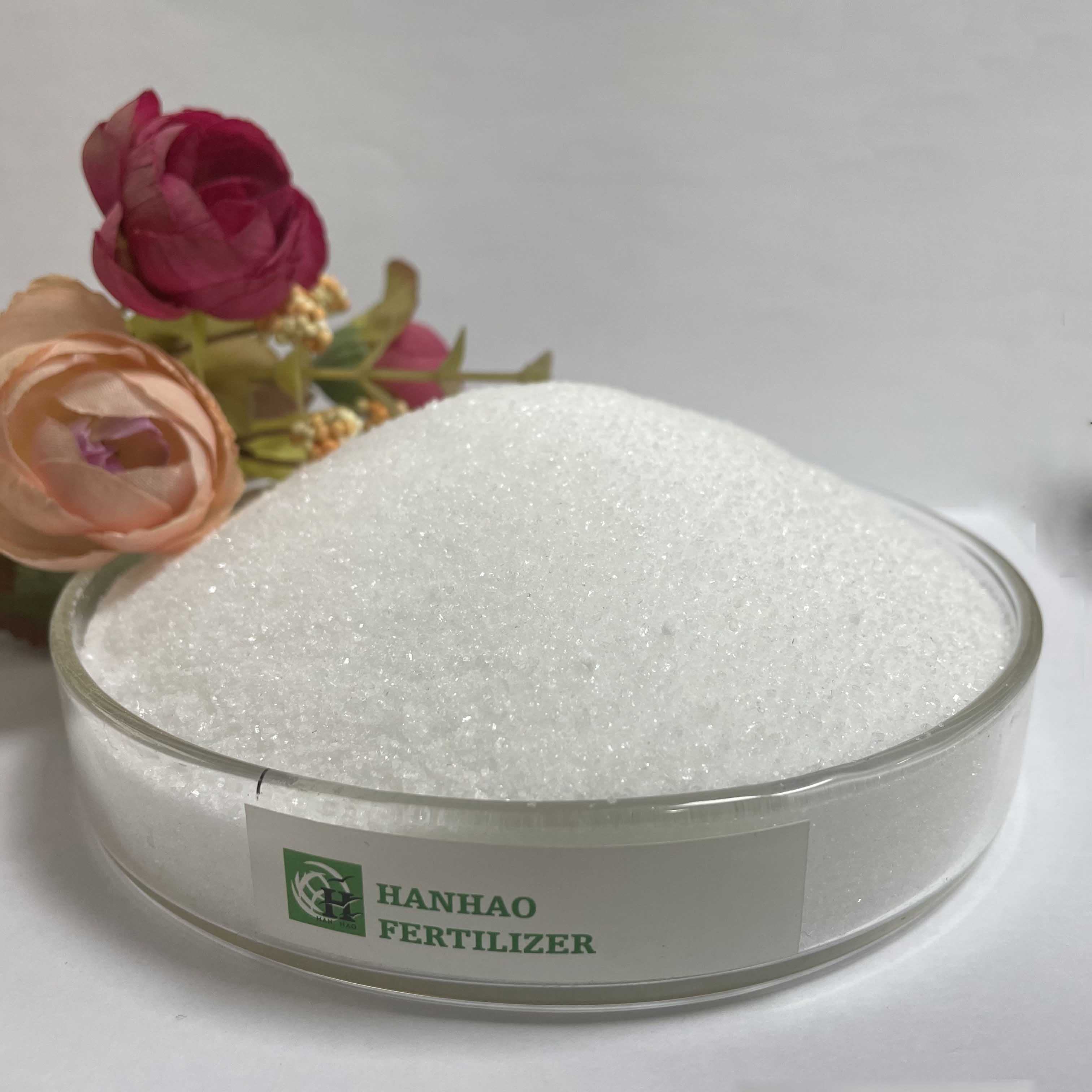
Dec . 01, 2024 12:28 Back to list
Exploring the Impact of Nitrogen Fertilizer Usage on Crop Yields and Sustainability
The Impact of Nitrogen Fertilizer Use on Agriculture and the Environment
Nitrogen fertilizers have been instrumental in boosting agricultural productivity worldwide. Their ability to enhance crop yields has played a pivotal role in feeding the growing global population. However, the extensive use of nitrogen fertilizers also poses significant environmental challenges that cannot be overlooked. This article delves into the benefits and drawbacks of nitrogen fertilizer use, highlighting its implications for agriculture and sustainable practices.
The Role of Nitrogen Fertilizers
Nitrogen is a crucial nutrient for plant growth, being a primary component of amino acids, proteins, and nucleic acids. In agriculture, nitrogen fertilizers are used to replenish the soil with this essential nutrient, thereby increasing crop yields. The widespread adoption of synthetic nitrogen fertilizers, especially since the Green Revolution of the mid-20th century, has led to remarkable improvements in food production. According to the Food and Agriculture Organization (FAO), global cereal production increased from 875 million tons in 1961 to over 2.7 billion tons in 2019, a significant portion of which can be attributed to nitrogen fertilizer use.
Farmers use various forms of nitrogen fertilizers, including ammonium nitrate, urea, and anhydrous ammonia. These products effectively meet the nitrogen needs of crops, allowing for the intensification of agriculture. As a result, regions that heavily rely on nitrogen fertilizers, such as parts of the United States, India, and China, have seen substantial increases in agricultural outputs.
Economic Benefits
The economic benefits of nitrogen fertilizer use are substantial. For farmers, higher crop yields translate to greater profits. Enhanced productivity allows farmers to maximize their land use, increasing the overall efficiency of agricultural operations. This has been particularly significant in developing countries where food security remains a pressing issue. By improving crop yields, nitrogen fertilizers help in reducing poverty and improving the livelihoods of millions of smallholder farmers.
Environmental Concerns
nitrogen fertilizer use

Despite these benefits, the extensive use of nitrogen fertilizers has raised several environmental concerns. One of the most pressing issues is nutrient runoff, which occurs when excess fertilizers wash into nearby water bodies during rainfall or irrigation. This runoff contributes to water pollution and can lead to eutrophication, a process that causes harmful algal blooms in lakes and coastal waters. These algal blooms deplete oxygen in the water, creating dead zones where aquatic life cannot survive.
Moreover, nitrogen fertilizers contribute to greenhouse gas emissions. The production of synthetic nitrogen fertilizers is energy-intensive and results in significant carbon dioxide emissions. Additionally, when nitrogen fertilizers break down in the soil, they can release nitrous oxide, a potent greenhouse gas. This dual impact of nitrogen fertilizers on both air and water quality poses a significant challenge to achieving sustainable agricultural practices.
Strategies for Sustainable Use
To mitigate the negative environmental impacts of nitrogen fertilizer use, various strategies can be implemented. One approach is the adoption of precision agriculture techniques, which allow farmers to apply fertilizers more efficiently. By utilizing soil testing and crop monitoring technologies, farmers can determine the exact nitrogen needs of their crops, reducing excessive application.
Another strategy is the use of organic and sustainable fertilizers, such as green manure, compost, and legumes. These alternatives enhance soil fertility naturally, reducing dependence on synthetic fertilizers while also promoting healthier soil ecosystems. Additionally, crop rotation and intercropping can help in maintaining soil nitrogen levels and reducing the need for synthetic inputs.
Conclusion
Nitrogen fertilizers have undeniably shaped modern agriculture by increasing crop productivity and supporting food security. However, the environmental consequences associated with their excessive use cannot be ignored. As the global population continues to grow, it is imperative to find a balance between maximizing agricultural productivity and protecting our natural ecosystems. By adopting sustainable practices and innovative technologies, the agricultural sector can move towards a future that respects both the needs of farmers and the planet. In this way, we can ensure that nitrogen fertilizers contribute positively to global agriculture while minimizing their environmental footprint.
-
10 10 10 Fertilizer Organic—Balanced NPK for All Plants
NewsJul.30,2025
-
Premium 10 10 10 Fertilizer Organic for Balanced Plant Growth
NewsJul.29,2025
-
Premium 10 10 10 Fertilizer Organic for Balanced Plant Growth
NewsJul.29,2025
-
Premium 10 10 10 Fertilizer Organic for Balanced Plant Growth
NewsJul.29,2025
-
50 Pound Bags of 13-13-13 Fertilizer for All Plants – Bulk & Organic Options
NewsJul.28,2025
-
High-Efficiency 15-30-15 Granular Fertilizer for Healthy Crops
NewsJul.28,2025
